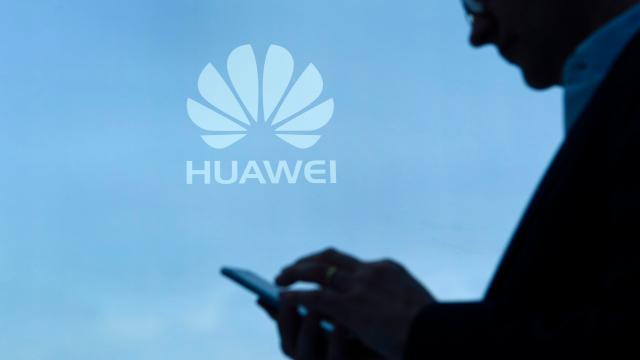Google Play may not be the dominant Android app store for much longer if China’s largest smartphone makers have anything to say about it.
Xiaomi, Huawei, Oppo, and Vivo are teaming up to build a Google Play alternative that would allow developers to upload their apps to the companies’ smartphones at once, Reuters reported Thursday.
The coalition, calling itself the Global Developer Service Alliance, is building a platform for developers that could launch as soon as March. Reuters noted that the Wuhan coronavirus outbreak could delay those plans.
Huawei, Xiaomi, Oppo, and Vivo (the latter two of which are owned by the same parent company) comprise about 40% of the smartphone market and have cornered different regions. Xiaomi is huge in India; Huawei in Europe; and Oppo and Vivo in China. The new app platform would give developers more exposure in those markets. Reuters noted that the GDSA app store will be available in nine countries, including Russia and India.
Google takes a 30% cut of apps sold in the Google Play store, just as Apple does with its App Store. It’s unclear if the GDSA will lower its revenue cut to appeal to developers. Google collected close to $US9 ($13) billion in Google Play revenue in 2019. Apple earned about $US15 ($22) billion from the App Store last year, according to a CNBC estimate. Services are a growing profit stream for hardware companies, and the GDSA coalition doesn’t want to be left out.
The move is also beneficial for Huawei, which was cut off from Google services last year after the U.S. government deemed doing business with the Chinese company a national security risk. Huawei is trying to prove it can function without Google, recently inking a deal with TomTom to replace Google Maps and building its own alternative to Android called HarmonyOS. That operating system is not compatible with Android apps, so developers will still need to create new versions when Huawei eventually rolls out its Android rival. A new app platform that covers four of the largest phone companies’ devices would provide a good incentive for devs to do just that.
